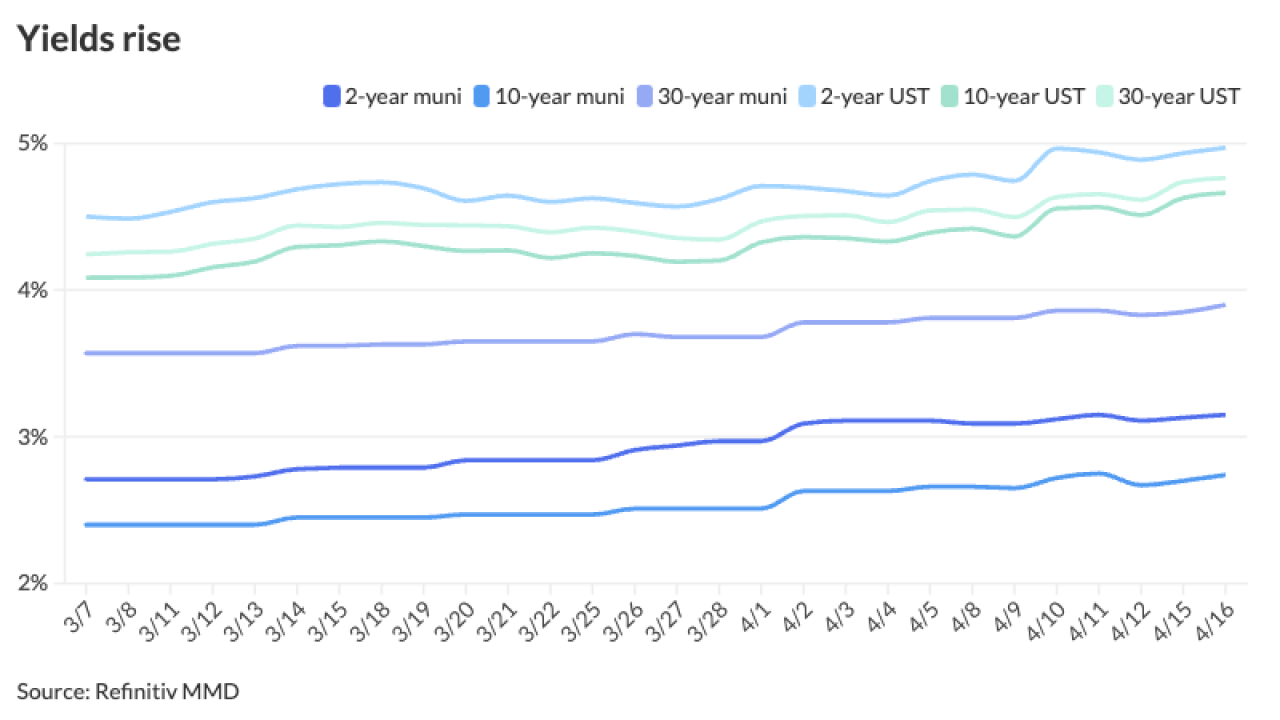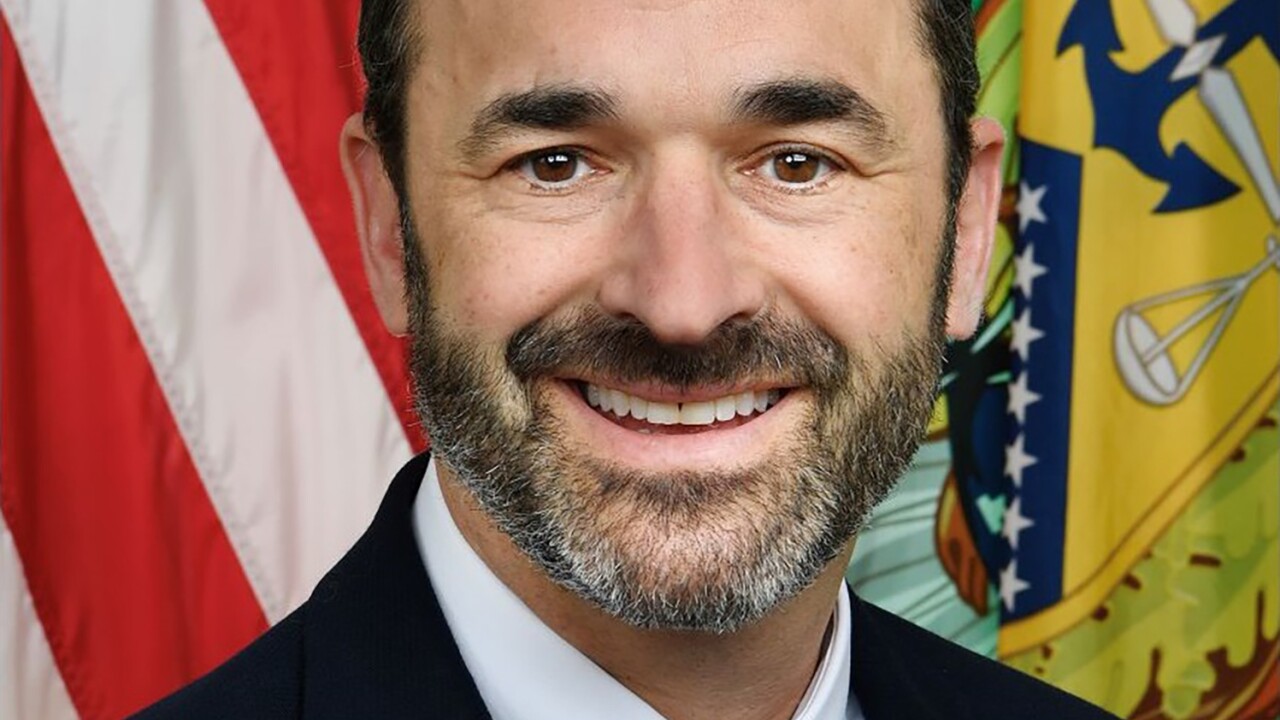CHICAGO - Illinois' long-awaited $31 billion capital budget, signed into law by Gov. Pat Quinn last month, is built on illegal funding mechanisms, including an expansion of gaming that allegedly violates federal law and an unfair liquor tax increase that is higher on spirits than beer, according to a
"The complaint seeks to restrain and enjoin the disbursement of public funds for the programs created by the challenged legislation," the lawsuit reads.
The governor's office said it could not comment on pending litigation. It was unclear whether the litigation might affect the state's planned general obligation and sales tax-backed deals planned for later this year to help fund the capital budget.
The General Assembly approved the capital plan in the spring and Quinn signed the package in mid-July, ending a six-year drought on new capital spending. The package relies on a mix of local, state, and federal funds. The state's share, $13 billion, would come from bonding and pay-as-you-go funding from the road fund.
The bills that make up the capital budget package authorize $3.6 billion of new GO and sales tax-backed bonding. That authority is intended to fund the first two years, with additional authorization needed in future years.
The state would repay bonding with annual revenues of $150 million from the road fund, $122 million generated from a hike in the motor vehicle title fees, and $180 million from an increase in licenses plate fees. Another $300 million would come from expanded gaming, including the installation of video poker machines at restaurants and bars, $109 million from a liquor tax hike, and $53 million from increased taxes on candy, sweet tea, coffee, and personal hygiene items.
F. Thomas Hecht, an attorney for the plaintiff, said he expects to ask the court to block the tax increases that take effect Sept. 1. An initial hearing is set for Tuesday before Cook County Circuit Court Judge Martin S. Agran.
Rocky Wirtz, owner of the National Hockey League's Chicago Blackhawks, filed the lawsuit in Cook County Circuit Court this week. He filed the lawsuit on behalf of his liquor distribution company, Wirtz Beverage Illinois and Illinois taxpayers.
The litigation attacks the adoption of the liquor tax increase as a violation of the state's Uniformity Clause because it raises the tax on hard liquor by 90% but on beer by only 22%.
"It imposes arbitrary, widely disproportionate new taxes on beer, wine, and spirits that are not based on real and substantial differences, comparable to taxing menthol and non-menthol cigarettes at different rates," the lawsuit alleges.
The litigation also contends the establishment of video poker violates federal laws because, although the state will regulate the gaming enterprise, it won't operate it or own the terminals. The lawsuit also argues that the sweeping nature of the series of bills that made up the capital legislation package violated Illinois' single-subject rules because they contained "non-germane provisions."
The challenge also questions the legality of the link between the various revenue and appropriation bills that made up the capital budget. Each was dependent on the other being signed to become law, while state law requires that the governor be presented with individual bills that become law upon their signing.
Hecht, an attorney with Ungaretti & Harris, said the legislation being challenged "represents a classic case of how not to pass legislation or conduct business in this state."
The lawsuit names Quinn along with Department of Revenue head Brian Hamer and the state constitutional officers Comptroller Dan Hynes and Treasurer Alexi Giannoulias as defendants, along with the state gaming board, its members, and Illinois Lottery superintendant Jodie Winnett. The lawsuit was not unexpected, as liquor industry officials had warned they were reviewing the legality of the legislation.
When Quinn signed the package last month he said: "This is a crucial economic recovery initiative that will generate what's needed most in Illinois - jobs, jobs, jobs."
The plan - dubbed Illinois Jobs Now - provides for improvements to the state's bridges and roads, transportation networks, schools, and communities. The last major capital plan was former Gov. George Ryan's $12 billion Illinois FIRST program, approved in 1999. Annual increases in new capital authorizations dried up about six years ago.
The state's GOs are rated AA-minus with a negative outlook by Standard & Poor's, A by Fitch Ratings, and A1 by Moody's Investors Service.
Standard & Poor's downgraded the state to AA-minus from AA in March and changed its outlook to negative earlier this month. Fitch late last month downgraded the state's GO rating two notches to A. Moody's in April lowered the rating to its current level and last month placed the credit on negative watch.





